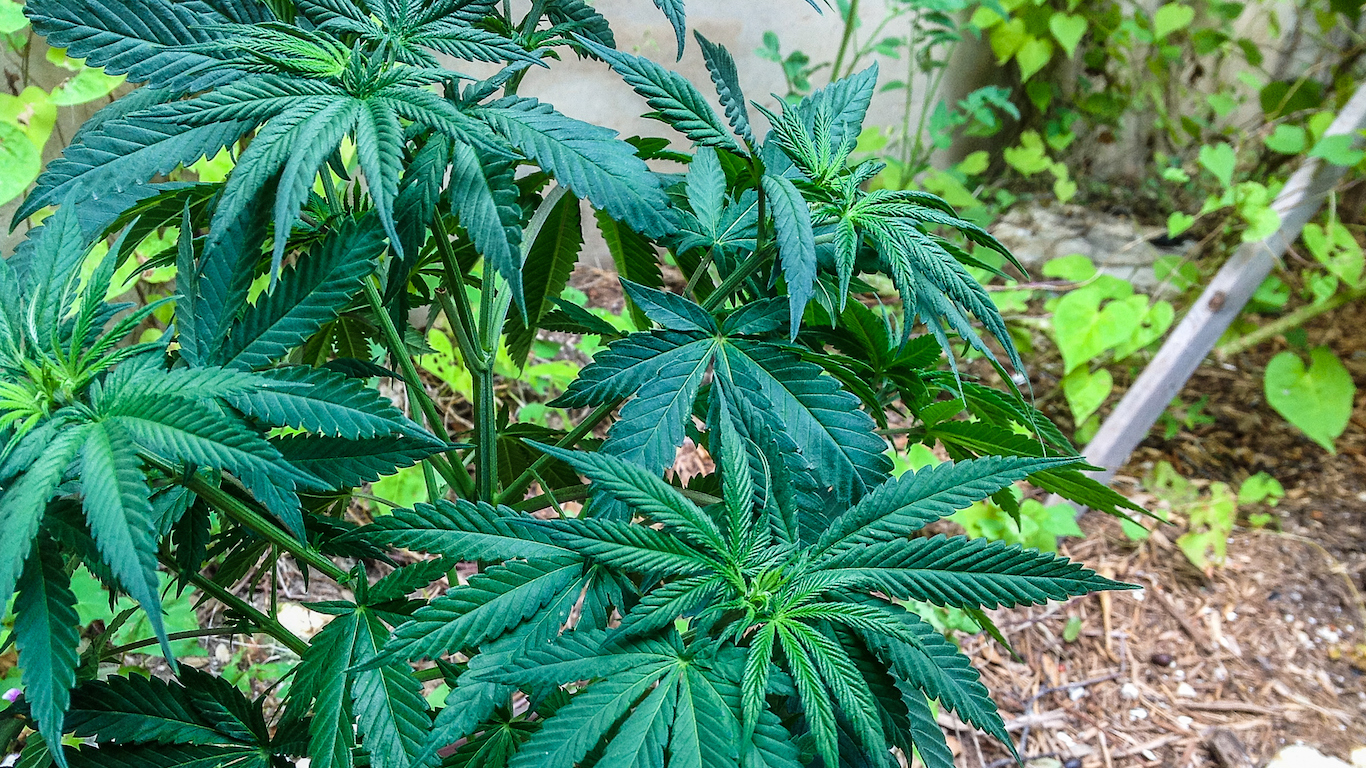Companies and Brands
Colorado Marijuana Sales Top $6 Billion Since 2014, but It Should Be More

Published:
Last Updated:

Since January 2014, when legal sales of marijuana for recreational use began, the state of Colorado logged total legal sales of $6.04 billion through the end of December 2018. In that first year, the state saw total sales of $683.5 million.
The state’s tax revenue from marijuana sales topped $905 million during the same period. Beginning in July 2017, the state has collected a 15% retail marijuana sales tax. Prior to that date, the retail sales tax was 10%. A 2.9% state sales tax also was collected until July 2017, after which marijuana sales were exempted, partially offsetting the increase in the retail sales tax.
In December of last year, legal marijuana sales reached $134.7 million, only a little less than the total for the first three months of sales in 2014.
Most of the tax revenues Colorado rakes in go to a public school construction fund and the rest into the school general fund. Since the tax law changes in July 2017, the state’s tax revenue from marijuana sales has more or less stabilized between about $21 million and $24 million a month. Sales also have flattened out and appear to average around $130 million a month.
The reason is a flourishing illegal market, one of the activities that proponents of legalized weed thought would disappear with legalization. What has happened instead is that illegal sellers price their product lower than legal sellers — at least 15% lower because there is no state tax on illegal pot. Since 2014, the number of plants seized by the U.S. Drug Enforcement Agency (DEA) in Colorado has increased by ninefold.
And Colorado has turned out to be a source of supply for other states, primarily due to its legalization of home cultivation. A report in the Coloradoan cites authorities who say a pound of marijuana grown in Colorado can be sold for thousands of dollars in other states, a far larger profit than legal sellers in Colorado are able to realize. The DEA and other agencies have intercepted Colorado-grown marijuana in at least 34 states.
While sales to out-of-state buyers may be worrisome, illegal sales to resident consumers hurt legal, tax-paying businesses and cost the state real tax revenue. If legal businesses have to drop their costs to compete with illegal sellers, the state loses tax revenue. That is not how legalization was supposed to work.
After two decades of reviewing financial products I haven’t seen anything like this. Credit card companies are at war, handing out free rewards and benefits to win the best customers.
A good cash back card can be worth thousands of dollars a year in free money, not to mention other perks like travel, insurance, and access to fancy lounges.
Our top pick today pays up to 5% cash back, a $200 bonus on top, and $0 annual fee. Click here to apply before they stop offering rewards this generous.
Flywheel Publishing has partnered with CardRatings for our coverage of credit card products. Flywheel Publishing and CardRatings may receive a commission from card issuers.
Thank you for reading! Have some feedback for us?
Contact the 24/7 Wall St. editorial team.